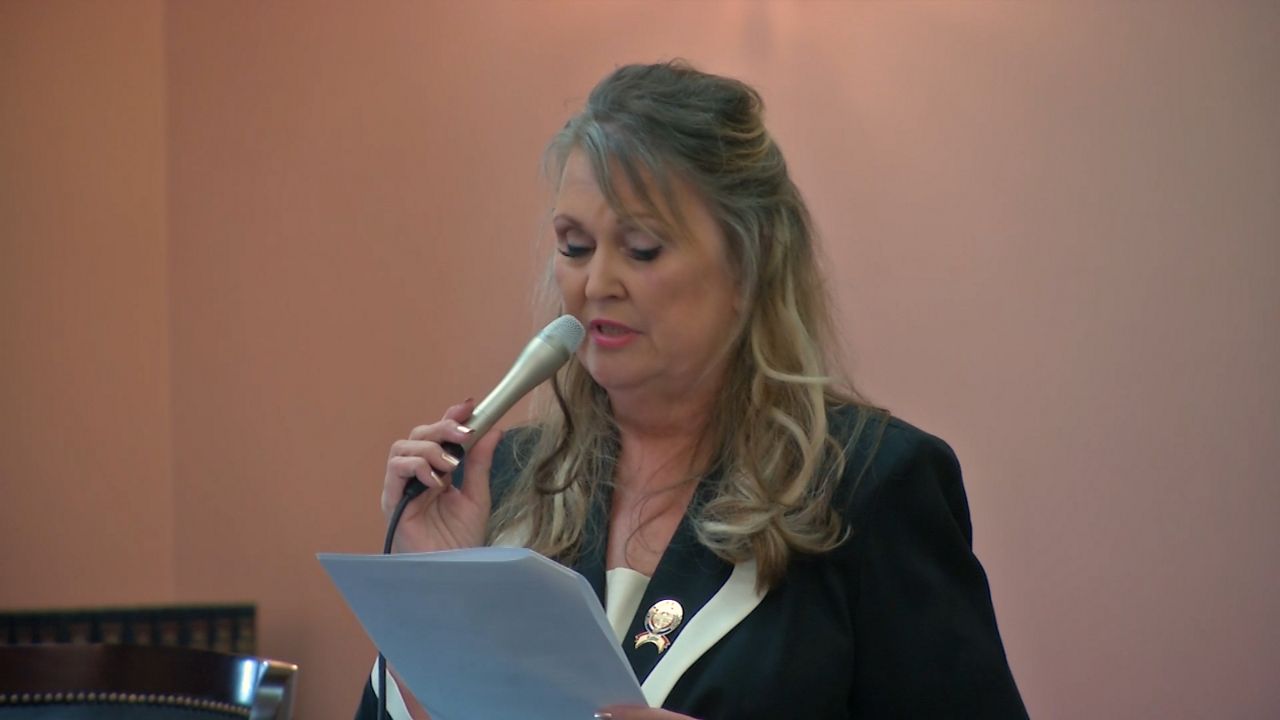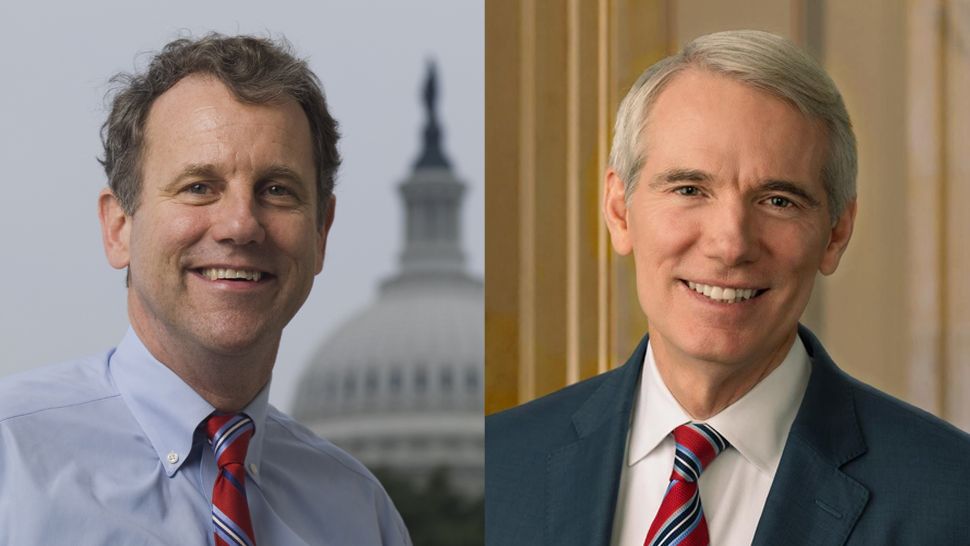COLUMBUS, Ohio — From high hopes to lowered expectations.
This week, Representative Eric Swalwell, of California, was the first Democratic hopeful to drop out of the race for president.
- OSU professior Paul Beck says most candidates will be weeded out by the third debate
- DNC says candidates need 130,000 individual donors with 400 coming from each state
- To qualify, candidates must be polling at 2% by September 12
OSU Political Science Professor Paul Beck says his decision to throw in the towel now, is meant to save face.
“Swalwell, I think, was worried that he indeed would get edged out by the governor of Montana that has qualified for the next debate,” said Beck. “And they can only have 20 people on stage for those debates both nights”
He says Swalwell’s success in his home congressional district of San Francisco didn’t translate to the already-saturated national stage.
That seems to be a similar problem for Ohio's own Tim Ryan, who is currently only polling at .3 percent.
“The polls are unforgiving,” said Beck. “If you are stuck at 1 percent and just don’t seem to be getting above that, polls stop even asking about you, putting that name out there for voters to respond to… and if that happens, you’re dead meat.”
Swalwell and Ryan are also running the hurdle of conflicting timelines.
They can either stay in the risky race for president, or bail and pursue the safer option of congressional re-election.
It’s a decision many of these candidates will face in the upcoming months— made more pressing by campaign finance laws.
You can’t fundraise for a presidential campaign and a congressional back-up campaign at the same time.
“if you’re going to run for congress, and you think you may end up with that campaign, you don’t want to do that with a war chest that is empty”
Another problem with sticking it out for president—you could lose your seat at home to someone in your own party.
This game of musical chairs waits for no one, and waiting too long could mean another ambitious democrat snagging your seat.
But there are benefits to sticking around— even if you don’t end up in the Oval Office.
“It’s all a function, I think, of what chances they think they have, to either get the nomination, or finish well enough for vice president or maybe a cabinet position,” said Beck.
Swalwell is the first to die in an epidemic of sorts.
Beck says most candidates will be weeded out by the third debate, where the criteria for stage time is much stricter.
The DNC says candidates need 130,000 individual donors— with 400 donors coming from each state.
To qualify, they must also be polling at 2% by September 12, which could be a tough lesson in self-awareness.
“They can only take so much embarrassment,” said Beck.








